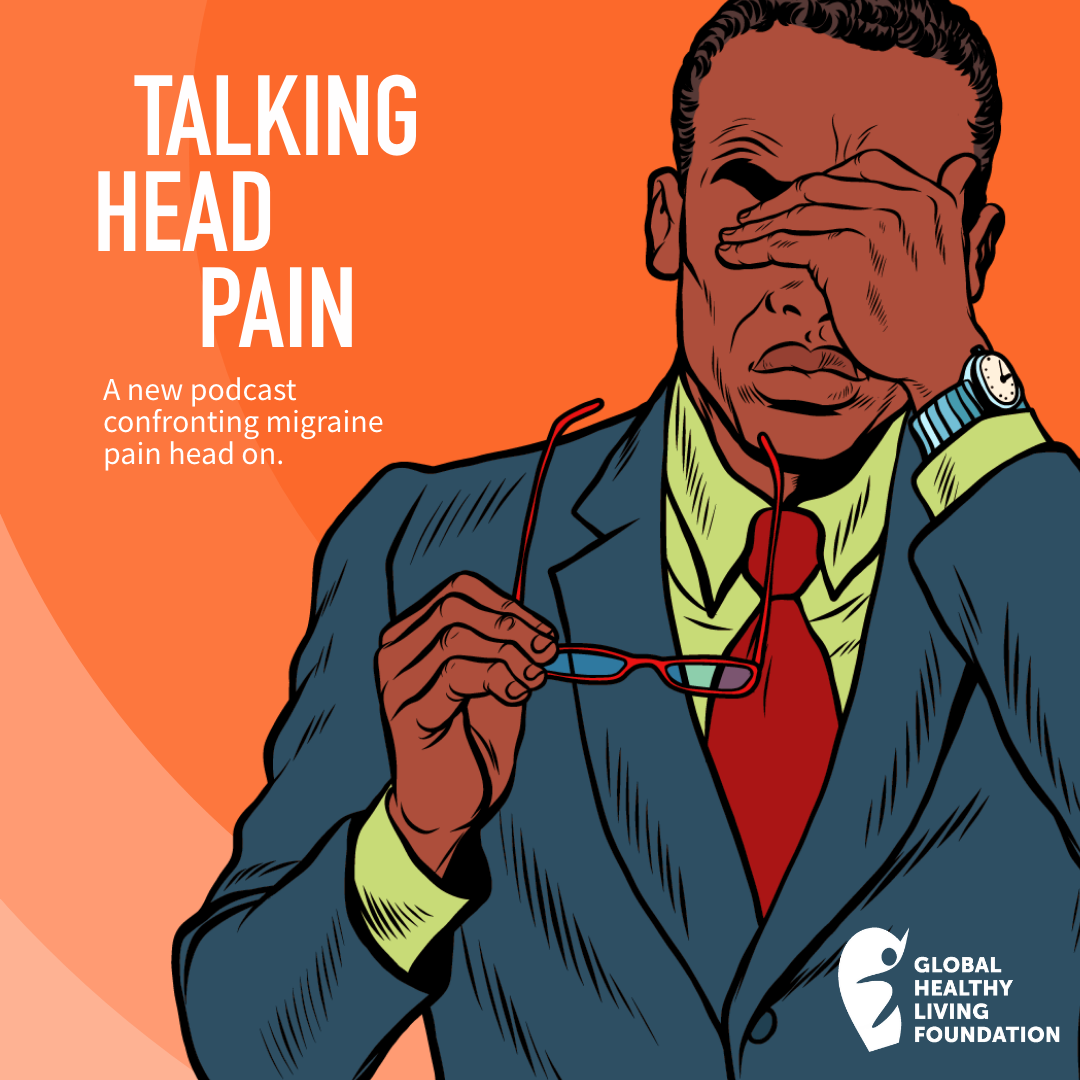Between my rheumatoid arthritis (RA) and fibromyalgia, I live with many weird and disconcerting symptoms that regularly have me scratching my head. Is it RA, fibromyalgia, or something else? We are so used to feeling awful that when faced with new symptoms or an increase of existing symptoms, we often shrug them off as just another expression of RA and keep pushing through.
It may indeed be something we just have to live with, but this is not always the case. Sometimes, a new or increasing symptom is a sign that something else is going on, maybe even something that can be treated.
Let’s talk about how to balance living with strange symptoms of chronic illness with knowing when you should call your doctor.
My Story of Vitamin D Deficiency
After living with multiple conditions for decades, I had reached a point of being more or less stable. But in the last few years, things changed. It started with increased fatigue, but as I was living through a pandemic with medical post-traumatic syndrome disorder (PTSD), the resulting anxiety and depression explained the fatigue.
In the past year, I also noticed an increase in migraines, enough to start tracking to check for patterns. Then, my fibromyalgia flared and the fatigue started ratcheting even further up. I finally asked my doctor to check for the usual suspects for debilitating fatigue: thyroid, iron, vitamin D, and vitamin B12.
Lo and behold, my vitamin D levels are, in the words of my doctor, “crazy low.” This explains the fatigue, but I also discovered that low vitamin D levels can cause muscle pain, an increase in migraines, and depression and anxiety.
Although I’m sure that my RA, fibromyalgia, and PTSD are still part of the problem, that one blood test explained most of my health issues this year. I am now on 3,000 units of vitamin D daily and hope to see an improvement in several symptoms within the next few months.
You might be asking yourself why neither I nor my doctors asked for this blood test earlier. The answer: chronic illness.
Obstacles to Action
When you have a chronic illness, a number of factors get in the way of not taking action during times when someone healthy would be making an urgent medical appointment.
Diagnosis Blindness
This is a term used to describe the tendency for doctors to focus so much on your chronic illness that less attention is paid to preventative and general health care. But diagnosis blindness also affects those who live with the condition. We are so used feeling like crap that we may dismiss symptoms that are similar to those we already have.
I’ve had chronic fatigue for decades and I’m used to pushing through, so I dismissed the fatigue as just another facet of RA. I adapted my life around it, not noticing when it gradually increased and took over my life.
Brain Fog
If a worsening of your RA or fibromyalgia symptoms includes brain fog, it can be even harder to notice that something has changed. This leaves you stumbling through your life, trying desperately to remember birthdays, deadlines, emails, bill payments, and all the other tasks of your life and your work. But I was used to brain fog, so I adapted and worked around it, not noticing as it gradually took over my life.
Your Emotions
Your emotions also play a role. When your body is constantly bombarding you with symptoms, you might cope by turning down the volume, ignoring the symptoms until they get to a much higher level of interference with life. I did, and since I’m already a frequent flyer in the health care system, the idea of signing up for more appointments to check a variety of weird symptoms that would likely be due to RA was both exhausting and, well, kind of embarrassing. At a certain point, you start feeling like a hypochondriac.
Breaking Down the Obstacles
Adapting to a certain level of feeling awful can be necessary with chronic illness. But it’s also important to monitor your health for changes that might indicate new or worsening issues with your RA or a new condition. The following are some of the ways you can keep an eye on your health while still living your life.
Track your symptoms
You may already be using an app to track your symptoms, such ArthritisPower, and if so, you’re a step ahead. But if checking in on an app every day doesn’t work for you, here’s an old-school way of keeping an eye on things: use a planner.
I start the day by turning to the monthly spread in my planner and quickly giving a letter grade (A-D) for three aspects of my health: physical, emotional, and fatigue. I use a different colour marker for each, which makes it even easier to see patterns at a glance.
Report new symptoms to your doctor
I usually report new symptoms to my doctor. This may lead to periods of time with more contact with your doctor, but if this is hard to arrange for you, talk to them about connecting virtually to assess whether you need to come into the office. Expanding this practice to include checking on worsening symptoms is also a good idea.
Get an annual physical
Schedule an annual physical to stay on top of your health. This can be an important factor in catching developing issues (for instance, high cholesterol) or discussing preventative health care, such as cancer screenings.
Get regular blood work
This may already be a part of your visits with your rheumatologist. If you have noticed an increase in certain symptoms, such as fatigue, ask your doctor about ordering additional tests to investigate them.
Trust yourself
If you feel yourself start feeling awkward about seeing your doctor, here’s a reminder: Trust yourself. You are the best judge of what is normal for you. A lot of unusual symptoms may be a normal part of RA, but if there’s a change from your usual state of chronic illness health, push for answers.
In other words, don’t be like me. I waited much too long to push for answers, but I’m happy that there is a treatment that will hopefully help.
Stay in Touch with CreakyJoints Canada
Part of the nonprofit Global Healthy Living Foundation, CreakyJoints is a digital community for millions of arthritis patients and caregivers worldwide who seek education, support, advocacy, and patient-centered research. All of our programming and services are always provided free of charge. As we grow CreakyJoints Canada we want to hear from you. Please join our email list to stay connected, learn about new content and initiatives, and send us suggestions and ideas.






